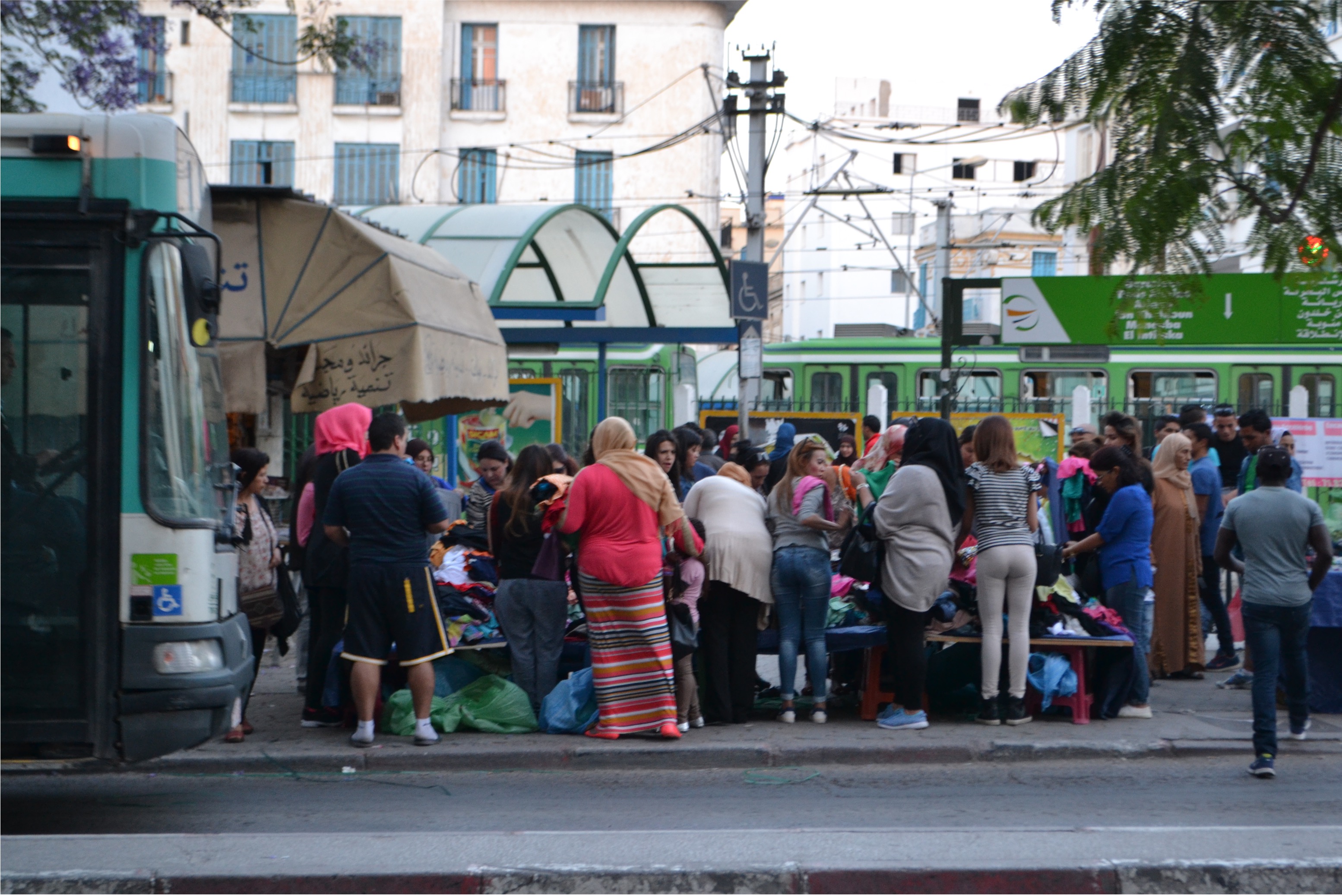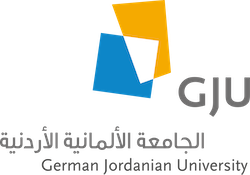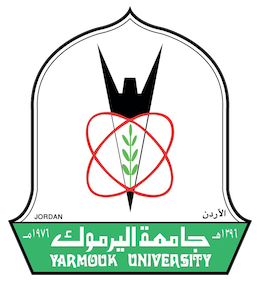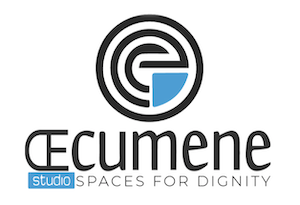DAAD, 2022
Dr.-Ing. Hassan Elmouelhi, Prof. Dr. Elke Beyer
PS-INTEGRA!
Public Space as a Place for Interaction, Cohesion, and Integration
In the last decade, the political situation in many countries in the Arab region was unstable, between uprisings, conflicts, wars, displacement, and refugees. This has increased the complexity of the ongoing urbanization process of the region, which is considered one of the most rapid urbanization processes in the world.
Public Space is considered a vital part of the city’s liveability. It has a significant role in the social interaction of the people’s daily lives, in addition, they are places for economic activities. Because they are publicly owned, they should reflect the community’s culture and fulfil their needs to be able to strengthen their sense of belonging. There are many attempts in the Arab Region to design public spaces that encourage the social and the economic aspects. However, those public spaces projects follow the top-down approach. There is a need to create public spaces that engage the local communities in all the phases of the design and implementation processes to reach a better level of social cohesion and integration. There are many local initiatives in the Arab Region that attempt to design public spaces based on engaging the citizens in the process. This project aims to connect the universities with civil society partners through the participatory design of the public spaces in the marginal areas by using local recycling/upcycling materials.

This project, building on the former cooperation with the partners: Carthage Université, High school of technologies of environment, urban planning and construction, Tunis, Tunisia, and the German Jordanian university, and Yarmouk University, as well as including civil society partners in Tunis, Tunisia, Masahit Alhayy, placemaking initiative in Jordan, Jordanian Masarat for Development and Progress, Jordan and VeryNile initiative in Egypt. The common characteristic among those civil society organisations is that they focus on the importance of public spaces, the participatory design process, and use the local recycled materials (up-cycling). The projects will include a summer school that will focus on analysing a case study of a public space in the area of Riadh Ennasr in Tunisia, the area of Russeifa in Jordan or the case of Qursaya island in Egypt, depending on the COVID-19 travel restrictions, design a public space based on the analysis and the engagement of the local community through participatory process. That will be concluded by a pilot project implementing this design, using local recycled materials. The active work of the abovementioned civil society organisations and initiatives on the ground in the different case study areas in Tunisia, Jordan and Egypt will provide the students with a diverse real-life experiences and act as ways of knowledge transfer across countries. The German, Tunisian and Jordanian students and participants will be involved in the analysis of the public space in the case study, with its cross sectorial methods and steps: the participatory process and the analysis of findings, in addition to the practical education through the pilot project.
The workshop is the first in a series, that will contribute to the discourse of public space relation to the Arab cities. Other projects would be combined under the umbrella of a seminar: Public space and Urbanism of Arab Cities, offered for WS22, that will discuss cases from the Arab region, including the State of Palestine, Iraq, Jordan and Egypt.
Students' workshop (Tunisia)
- First meeting: Tuesday 15th September (tbc)
- Students Workshop (Tunisia): 24th September till 1st October
- Following events to be announced soon.
Application:
Please fill the application form till Monday September 5th, 2022: https://forms.gle/PsWFVBrMi1oi6xf2A
To be attached in the application:
- A4 Motivation letter,
- short portfolio essay about one relevant aspect of Tunisia Urbanism
- and a short CV
Dr. Hassan Elmouelhi
elmouelhi@tu-berlin.de
Habitat Unit, Room A 622
T + 49 – 30 – 314 – 21830
German Academic Exchange Service - DAAD
![]()
Carthage University (Tunisia) Dr. Olfa Ben Medien

German Jordanian University (Jordan) Dr. Maram Tawil


